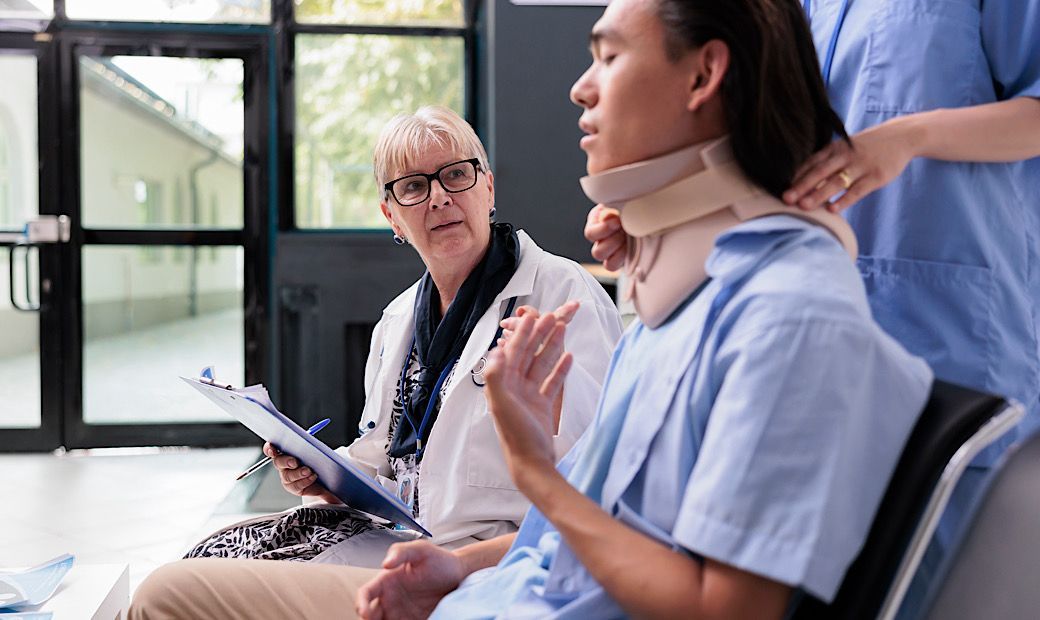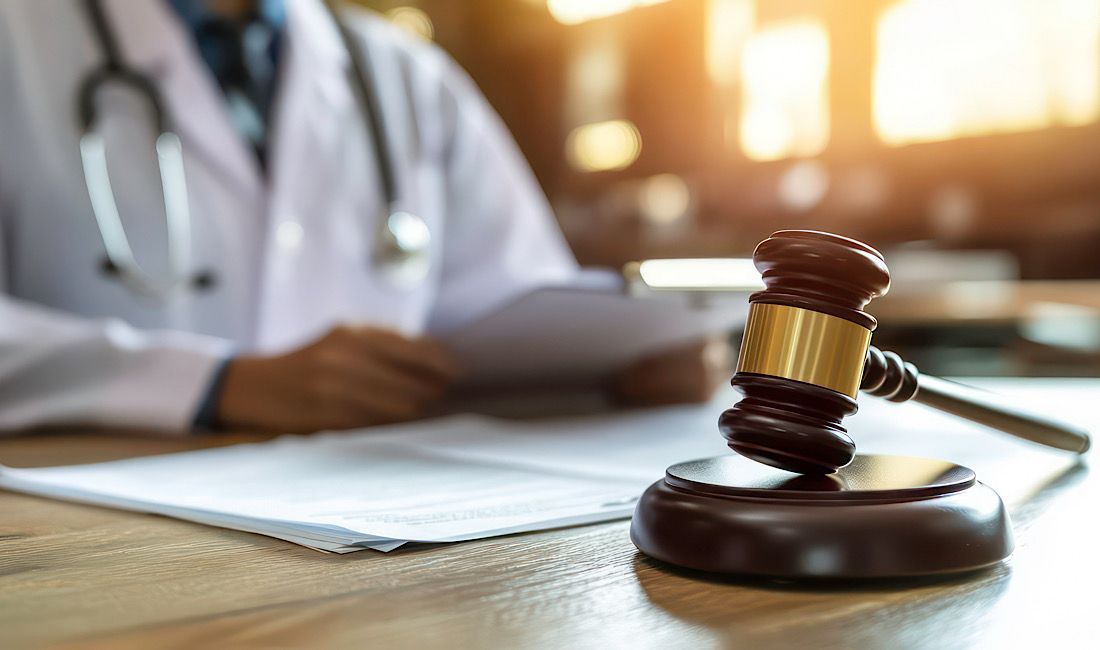Coping with Trauma After an Accident: Strategies for Recovery

Accidents don’t just leave physical scars—they can also cause deep emotional and psychological trauma. The aftermath of an accident can be overwhelming, as victims often struggle with anxiety, depression, flashbacks, and other symptoms of trauma. Understanding how to cope with these challenges is crucial for your overall recovery and well-being.
Understanding Trauma After an Accident
Trauma is a natural response to a distressing event, and accidents are no exception. Whether you've been involved in a car crash, a slip-and-fall, or another type of accident, the psychological impact can be significant. Common symptoms of trauma include nightmares, intrusive thoughts, difficulty sleeping, mood swings, and feelings of helplessness. These symptoms can persist for weeks, months, or even longer if not addressed.
It’s important to acknowledge that experiencing trauma after an accident is normal, and seeking help is a sign of strength, not weakness. Addressing your mental health is just as important as treating any physical injuries you may have sustained.
Strategies for Coping with Post-Accident Trauma
Seek Professional Help: One of the most effective ways to cope with trauma is to work with a mental health professional, such as a therapist or counselor. They can help you process your emotions, develop coping strategies, and guide you through your recovery. Cognitive-behavioral therapy (CBT) and other evidence-based treatments have proven highly effective in treating trauma.
Build a Support System: Surround yourself with friends, family, and loved ones who can provide emotional support. Sharing your feelings with trusted individuals can help you feel less isolated and more understood. Support groups for accident survivors can also offer a sense of community and shared experience.
Practice Self-Care: Taking care of your physical and emotional needs is crucial during recovery. This includes getting enough sleep, eating a balanced diet, and engaging in activities that you enjoy and find relaxing. Regular exercise, even just a short walk, can also improve your mood and reduce symptoms of anxiety and depression.
Mindfulness and Relaxation Techniques: Practices such as mindfulness meditation, deep breathing exercises, and yoga can help you manage stress and stay grounded in the present moment. These techniques can reduce the intensity of trauma symptoms and improve your overall emotional well-being.
Gradual Exposure: If certain situations or places trigger anxiety or flashbacks, consider using gradual exposure techniques to desensitize yourself to these triggers. With the guidance of a therapist, you can slowly reintroduce yourself to these situations in a controlled and safe manner.
Coping with the trauma of an accident is a challenging journey, but you don’t have to go through it alone. At Frischman & Rizza, we understand the profound impact that trauma can have on your life, and we're here to support you. If you've been injured in an accident, securing the right legal help is an important step toward your recovery.
Let Frischman & Rizza assist you in navigating the legal complexities while you focus on healing. Our Pittsburgh-based team is committed to helping you seek justice and the compensation you need to rebuild your life. Reach out today to discuss your case and how we can help you move forward.





